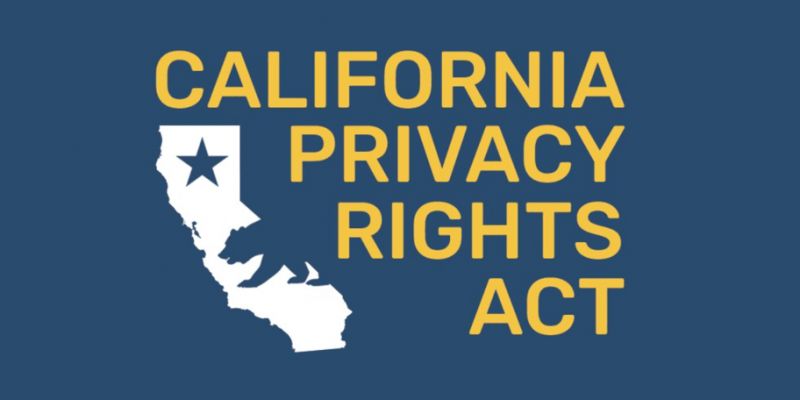In order to control how information is gathered, how data subjects are informed, and what control a data subject has over their information when it is sent, almost every country has implemented some kind of data privacy rights regulation. Failure to abide by relevant data privacy rules may result in fines, legal action, and even the banishment of a site from use in some areas. Although navigating these rules and legislation can be challenging, all website owners should be aware of the data privacy laws that apply to their visitors.
These are the laws and rules that will be in effect in 2023. As new laws are passed, lipstickbr.com will update this list.
U.S. Data Privacy Rights

There is currently no comprehensive federal law governing data privacy in the United States, despite various proposals throughout the years.More than any of its predecessors, the American Data Privacy Protection Act (ADPPA) has advanced through the legislative process, but it still has a long way to go. It is yet unknown as of this writing whether the act will succeed or fail to overcome those obstacles.
Individual states, though, have moved on without waiting for the federal government in the interim. There is a complicated patchwork of rules that are specialized for different industries and media, such as those that deal with marketing, telecommunications, health information, credit information, financial institutions, and marketing.
The FTC
The Federal Trade Commission (FTC) is a significant enforcement body in the United States. The Federal Trade Commission Act (FTC Act), which has extensive jurisdiction over business companies under its authority to prevent unfair or “deceptive trade practices,” gives it the power to regulate on behalf of consumer rights.
State Data Privacy Rights

The states of the United States have hundreds of sector-specific data privacy rights and data security legislation. State attorneys general are responsible for enforcing data privacy regulations, particularly those relating to the security of Social Security numbers and the notification of data breaches. These laws also cover the acquisition, storage, protection, disposal, and use of personal data obtained from people. others only apply to public bodies, others only to private entities, and some only to both.
In addition to sector-specific privacy rules, the United States is seeing a significant push for state-level privacy legislation. This is a result of the federal government’s inability to come to an agreement on the best way to legislate generally. Consumers, consumer organizations, and even businesses have pushed state politicians to enact their own regulations rather than wait.
Of course, businesses would prefer to abide by a single federal standard than to employ lawyers and privacy experts, spend money on compliance tools, and set up a strong compliance program that complies with all relevant state laws. States, however, view the absence of any data privacy rights rules as being more harmful than those that are unduly complicated.
The chain reaction was launched in California. Although just five states (California, Colorado, Connecticut, Utah, and Virginia) have so far been successful in passing a comprehensive law, many more are attempting to do so. They serve as a starting place for Republicans and Democrats to start their amendment work before any compromise can reach its final destination: the governor’s desk, even if their initial measures have failed in prior legislative sessions.
Here is a breakdown of the current situation.Get the checklist here: Your strategy for the state data privacy rights in 2023
California Privacy Rights Act (CPRA)

The California Privacy Rights Act (CPRA) is the state law that currently covers the biggest ground in terms of data privacy rights. The California Privacy Protection Act (CPPA), the former state privacy law in California, was updated by the CPRA, which was approved by a ballot initiative in November 2020. It became active on January 1, 2023.
The CPRA is a piece of cross-sector law that establishes crucial definitions, extensive individual consumer rights, and onerous obligations on organizations or individuals who gather personal information from or about California residents.hese obligations include disclosing to data subjects when and how data is acquired, giving them the option to decline data collection, granting them access to, correcting, and erasing such information, and limiting the ways in which organizations may disclose personal data to third parties.
The CPRA’s enforcement is one of its most important aspects. The CPRA creates a new privacy regulator, since state attorneys general normally handle privacy cases—except when the FTC is involved, and even then, it’s frequently a cooperation.
The California Privacy Protection Agency (CPPA) has the authority to impose fines, hold hearings over privacy violations, and provide clarification on privacy laws. The five-member board begins enforcing the CPRA on July 1, 2023, six months after it becomes law.Download the Guide to help you break down the main actions you must accomplish to comply with the CPRA.

